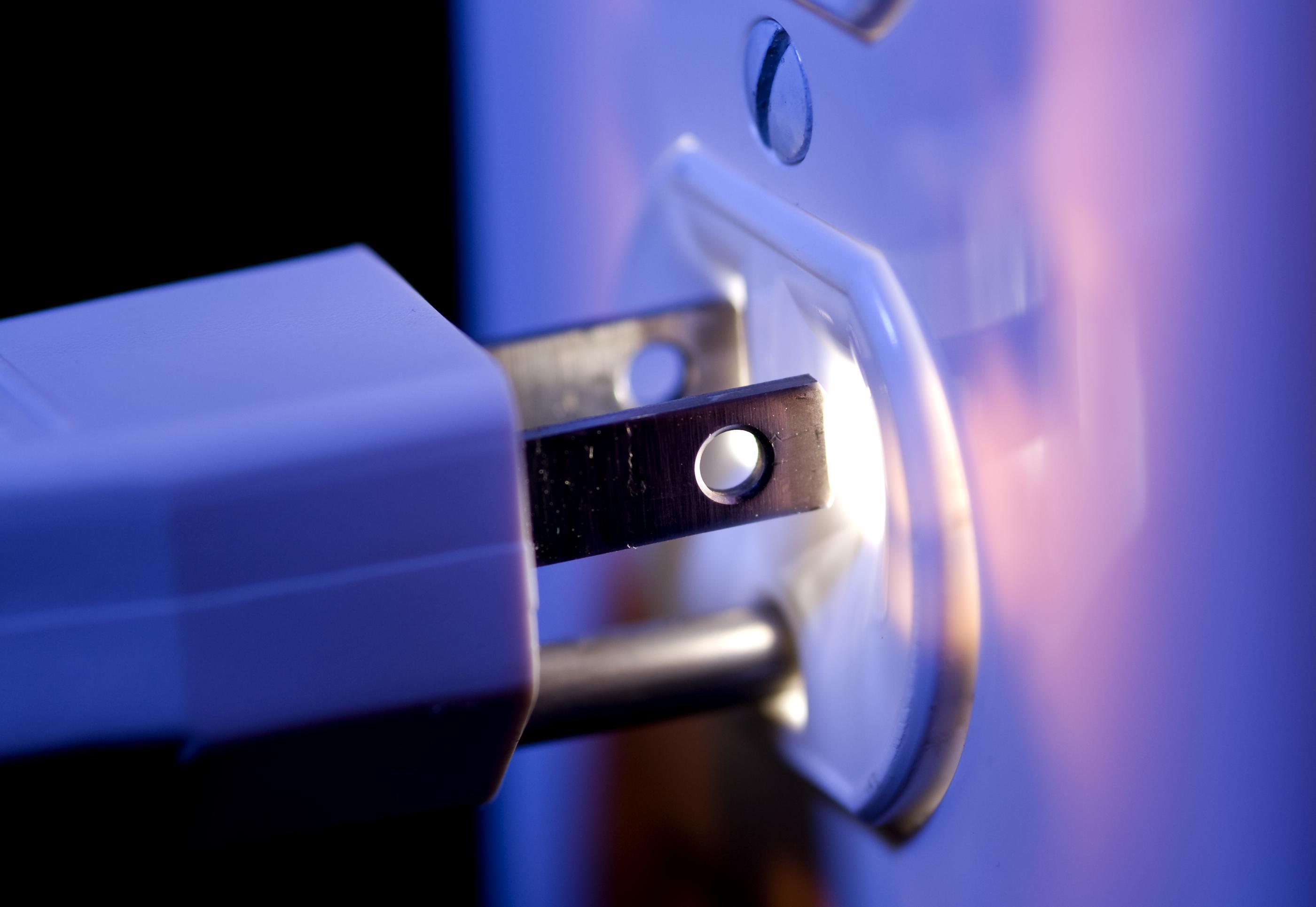Living in an older home can present some unique challenges. One of the biggest ones can be dealing with outdated electrical components and frequent electrical issues. Regular electrical inspections are key, as they can go a long way to helping you avoid issues. We'll explain the benefits of routine electrical inspections and how to know when it's time to have your electrical system inspected.
Ensuring Electrical Safety
The primary reason that regular electrical inspections are so important is to ensure safety and prevent hazards like electrical fires, shocks, short-circuiting, arc faults, and power surges. Older homes often have outdated electrical systems or at least some outdated components like fuses/circuit breakers, electrical panels, and two-prong outlets.
It's also common to find faulty or damaged wiring in an older home unless it's been rewired in the past 25 years. Some older homes have old aluminum wiring instead of copper wires.
All these things have the potential to create a safety hazard or cause major damage to appliances and electronics. For instance, homes that have a fuse box instead of a breaker panel are more likely to experience electrical fires or damage from overloading. That's because older fuses don't always work as they should and may not blow when the circuit they control is overloaded.
Outdated electrical panels and circuit breakers can also be major safety hazards for the same reason. Two-prong outlets are dangerous because they're not grounded, so a spike in power can easily damage whatever is plugged into the outlet. Aluminum wiring can also be a serious fire hazard, as it can overheat much more than copper wiring.
When inspecting a home's electrical system, an electrician will check for issues that require repairs or indicate that some or all of the system needs an upgrade. This includes things like outlets and switches with loose wiring that are at risk of sparking and catching on fire or circuit breakers that are faulty and may not trip when they should. Inspecting wiring in the attic is also crucial due to the risk of pests chewing through some of the wires.
Another thing they'll check is that the house has GFCI (Ground Fault Circuit Interrupter) outlets in all the necessary places. This includes all power receptacles in the kitchen, bathrooms, basement, laundry room, utility room, garage, and outside.
These outlets act like circuit breakers to stop power from flowing in the event of a ground fault, which occurs when the current leaks out of the outlet and into something else. Ground faults are extremely dangerous and potentially deadly since they can result in electrocution. That's why GFCI outlets are now required in so many places.
Preventing Unnecessarily High Electricity Bills
One thing that many people don't realize is that certain issues with an old electrical system can result in higher-than-normal electricity bills. For instance, older electrical panels usually aren't as efficient as modern panels. That means they don't channel the power to where it needs to go as effectively, resulting in increased usage. This issue can be so pronounced that you can often cut your electricity bills by 15% or more simply by upgrading from an outdated panel to a new one.
Damaged or faulty wiring can also be a major source of power drain. If the wiring that supplies power to an outlet, light, or appliance is damaged, the fixture or appliance can draw more power than it should.
If a damaged wire touches something metal, it will also energize the metal and cause it to constantly consume electricity. This sort of situation would also be a safety hazard, as anyone who touched the metal would create a ground fault and be shocked or electrocuted.
How Often Should You Have Your Electricity System Inspected?
Most experts recommend that modern homes have their electrical systems fully inspected at least once every 10 years. If you have an older home that hasn't been rewired and had the electrical system upgraded within the past few decades, it's a good idea to have everything inspected every year or so. That's because wiring and electrical components continually degrade over time, meaning any number of major issues could suddenly arise.
Signs You Need an Electrical Inspection or Upgrade
While regular inspections are a key part of ensuring the electrical system in an older home is safe and works properly, there are also various signs that can indicate you need an immediate inspection or should have some or all of your electrical system upgraded.
Some sure signs that you're due for an electrical upgrade are if your house has knob-and-tube wiring, aluminum wiring, or a fuse box. It's also recommended to upgrade your electrical panel if it's over 25 years old or has only 60 amps. Another general recommendation is to have your house rewired if the wiring is more than 30 years old.
In terms of when to schedule an inspection, the main things to watch out for are frequent or serious electrical issues. This includes things like outlets or switches that no longer work or one or more circuit breakers that often trip. If you frequently see lights flickering, it often means that your electrical panel is undersized, and you need to upgrade to a panel with a higher amperage.
Some of the more serious issues to watch out for include burn or scorch marks on an outlet, smoke coming out of an outlet when it's in use, or an outlet or switch that feels hot. All these issues indicate that the outlet or switch is likely to catch fire, so you need to act quickly by unplugging everything from the outlet or shutting the switch off. To be safe, it's also a good idea to switch off the breaker for the circuit that the outlet or switch is on.
Another serious issue that requires immediate attention is if you hear a loud humming, buzzing, or crackling noise coming from your electrical panel. Humming or buzzing usually signals that either the panel is overloaded or there's an overloaded circuit with a faulty breaker that didn't trip like it should have.
It's also a good idea to check your electrical panel a few times a year. Mainly, this is to make sure that the panel doesn't feel hot or show any signs of rust or corrosion. If the panel feels hot, shut off the main breaker so the wiring in the panel can't catch fire. Rust and corrosion are signs you need to replace the panel, as either one can prevent breakers from tripping.
Mister Sparky® is ready to help if you need an electrical inspection or any other electrical service. We're a proudly veteran-owned company with a team of experienced electricians dedicated to providing the highest level of service. With our 100% satisfaction guarantee, you can be certain we'll do the job right the first time, no matter what service you need.
To schedule an inspection and ensure your electrical system is safe, contact our team at Mister Sparky® today.















